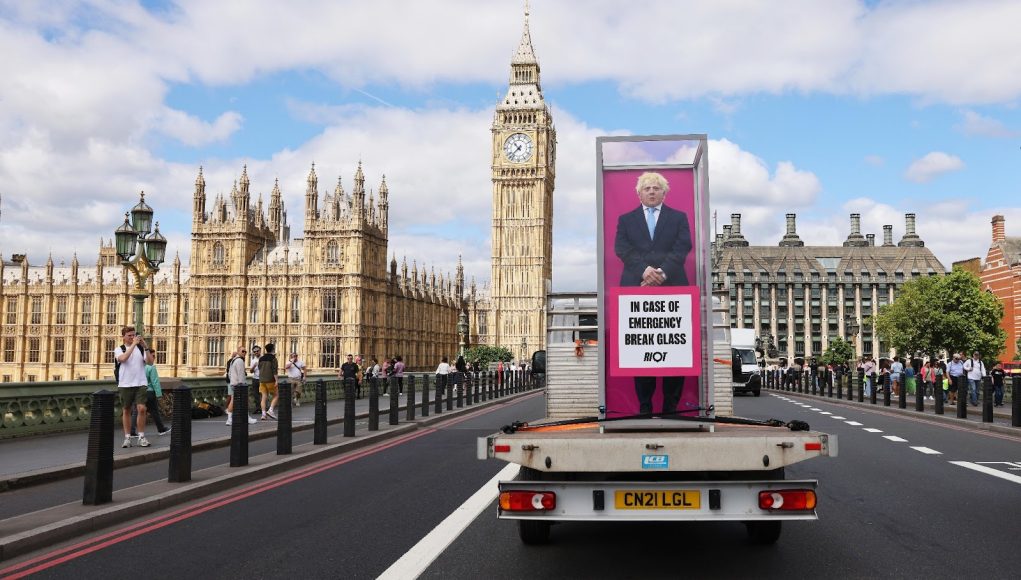Ireland’s Minister for Finance, Jack Chambers, has just confirmed that a tax on vapes and e-cigarettes is set to be introduced next year, with the specifics being worked out within the Department of Finance and Revenue. Chambers emphasized the intention to advance this measure in the upcoming October budget, with detailed information to be revealed on budget day. The tax is being developed with the aim of implementation in 2025.
While last May, the Irish government approved a ban on the sale of tobacco products to individuals under 21. This move, aimed at reducing the country’s smoking rates, follows evidence showing high susceptibility to smoking among young adults aged 18 to 21. Notably, vapes are being considered as smoking cessation tools and hence are being exempt from this ban.
Ireland aims to become the first EU country to implement such a measure, aiming to lower the adult smoking rate to below 5%. While the proposed legislation exempts those currently aged 18 to 20 from the ban, hence the ban will not apply to this cohort for a “wash through” period. Moreover, it does not affect the minimum legal age for vapes. However, Taoiseach Simon Harris expressed alarm over the unregulated use of nicotine pouches among students, emphasizing the need for government action to address this issue.
The King’s speech was a missed opportunity
Similarly, the UK Vaping Industry Association (UKVIA) said that the King’s Speech, could have been a chance to properly address the legislation. The group criticized Rishi Sunak’s government for trying to push the bill through Parliament hastily, without allowing proper debate or including the voices of the UK’s 5.6 million vapers.
Dunne warned that poorly constructed legislation such as banning flavoured vapes and restricting in-store displays, could lead to harmful outcomes such as driving former smokers back to cigarettes and increase black market activities. Conversely, well-crafted legislation could help the country’s 6.4 million smokers quit, prevent numerous deaths, and save the NHS substantial treatment costs.
The public has lost confidence in local lawmakers
Echoing the same sentiments, last month vape group Riot Labs, staged a publicity stunt by delivering a life-sized figure of Boris Johnson encased in protective glass to Westminster during election week, hoping to spark discussions and bring vaping legislation back into focus.
The group highlighted that continuing on former PM Rishi Sunak’s stringent anti-smoking and vaping policies, includes potential bans on disposable vapes and flavoured products. They that Sunak’s proposed legislation, emphasized that such measures would be detrimental to the vaping industry and the millions of adult smokers attempting to quit.
Riot Labs CEO Ben Johnson criticized the government’s attempts to pass what he sees as unjustified vape laws, stating they would reduce choices and discourage smokers from quitting. Johnson also noted the group’s support for measures aimed at curbing youth vaping, such as a licensed retailer scheme.
The Boris Johnson stunt follows another protest by Riot Labs and Right Vape, who opened “The Flavourless Vape Shop” in Northampton to illustrate the potential future of vaping shops if restrictive legislation is enacted. This event gained mainstream attention when a Rishi Sunak impersonator at the launch was mistaken for the real PM and egged by a bystander.
In the meantime, a poll commissioned by the UKVIA ahead of the General Election revealed a lack of confidence in the major political parties’ ability to achieve a smokefree Britain. The survey included vapers, former smokers, policy experts, and representatives from the vape and retail sectors. Only 10% of respondents trusted Labour to address the health harms of smoking, 9% had faith in the Liberal Democrats, and a mere 1% believed the Conservatives were capable of the task. Although Labour was seen as the most capable, the 10% support indicates a low level of confidence.








